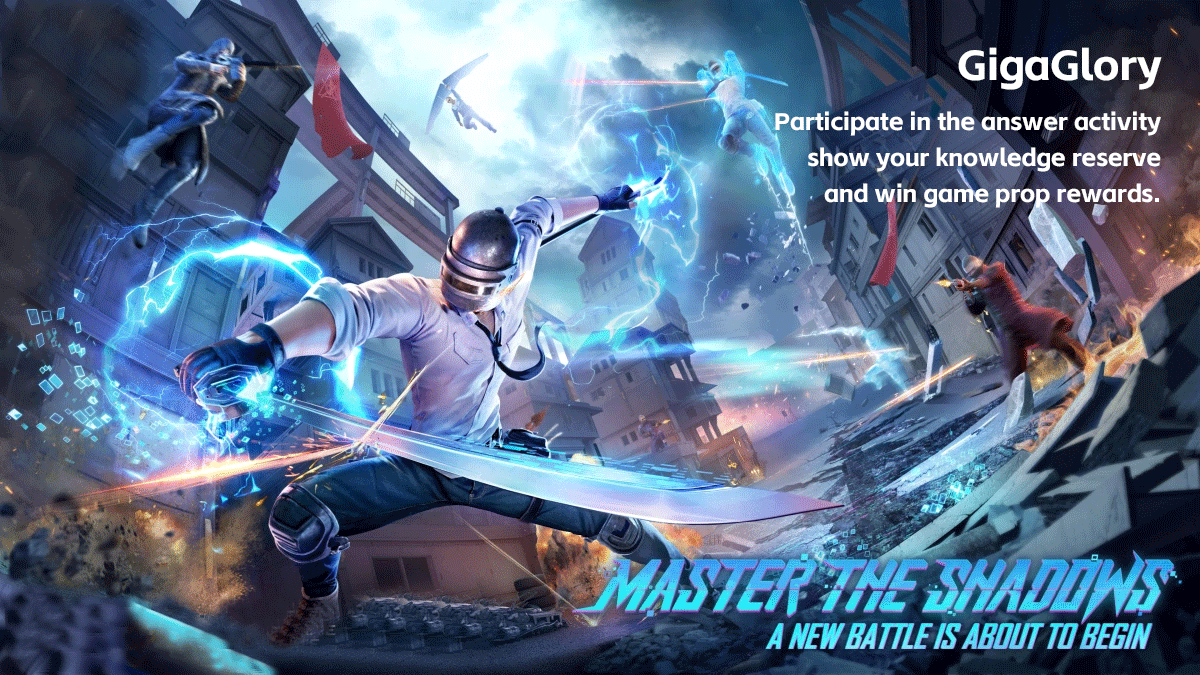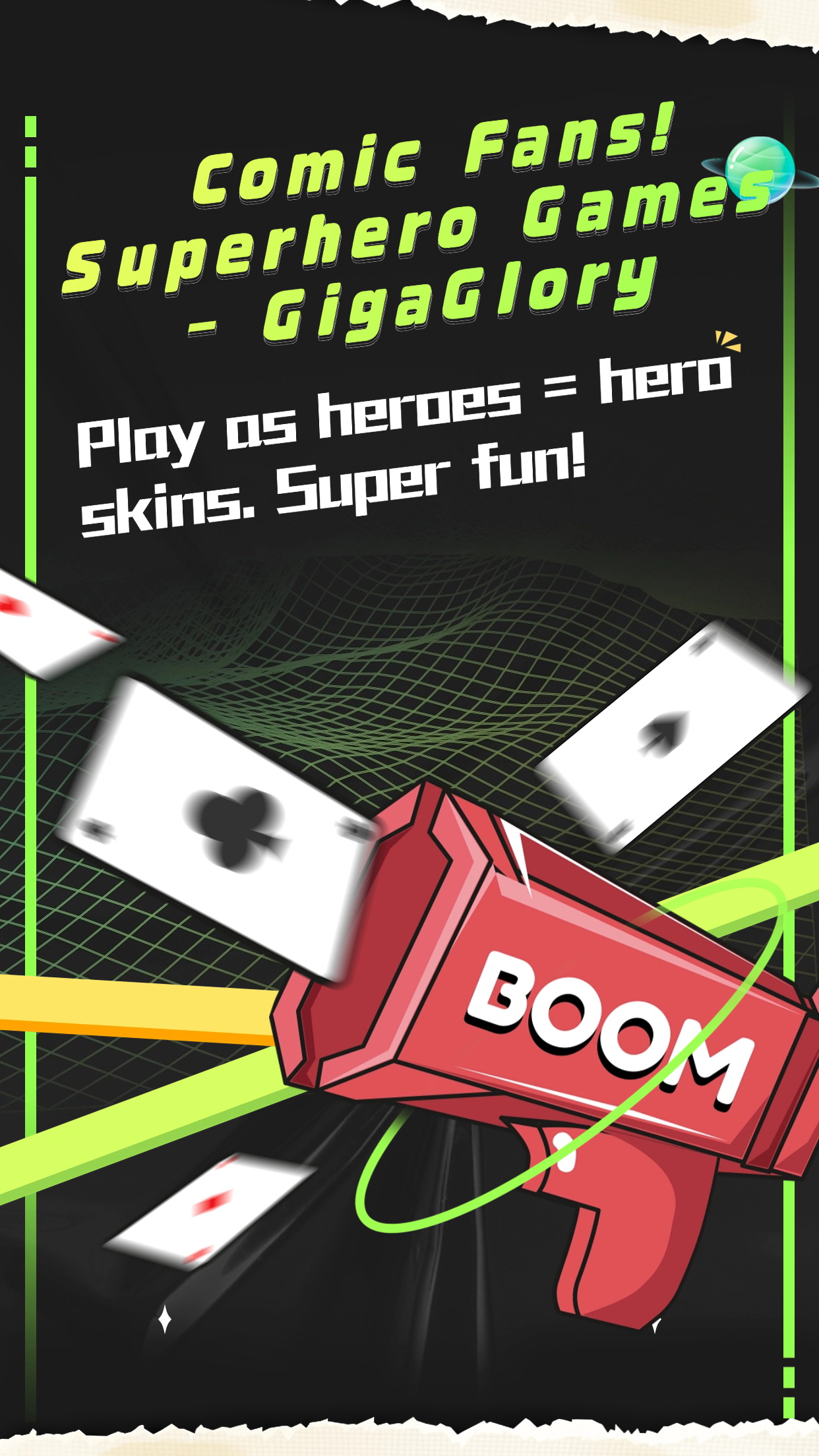Unlocking Creativity: How Puzzle Games and Sandbox Games Inspire Problem-Solving Skills
In a world brimming with options, entertainment is more than just a way to unwind; it's also a robust tool for enhancing our cognitive abilities. Among the diverse forms of entertainment, puzzle games and sandbox games have emerged as champions of creativity and problem-solving skills. But how exactly do they stimulate our minds? Let's dive into this colorful realm of gaming and discover how these digital adventures can shape our thinking in profound ways.
What Are Puzzle Games?
Puzzle games are a genre of video games that require players to solve problems, riddles, or challenges to progress. These games often incorporate various mechanics such as pattern recognition, logic, and spatial reasoning. Titles like Tetris and Portal are great examples, providing players with brain-teasing challenges that increase in complexity.
The Allure of Sandbox Games
On the other hand, sandbox games grant players the freedom to explore and create without strict objectives. Games like Minecraft and Garry's Mod offer vast worlds where imagination reigns supreme. Players can build, destroy, or modify their environments, leading to endless possibilities and unique experiences that spark innovation.
Connecting the Dots: Problem-Solving in Games
Both puzzle games and sandbox games cultivate critical thinking. In puzzle games, players learn to analyze situations, predict outcomes, and adapt strategies, enhancing their problem-solving toolkit. Meanwhile, sandbox games encourage players to experiment, explore creative solutions, and learn from their failures. This combination fosters a mindset that embraces challenges and seeks innovative resolutions.
Leading by Example: The Impact of Game Design
The design of these games itself plays a crucial role in developing our problem-solving mindset. Puzzle games often lead players through a series of well-structured challenges, gradually increasing the difficulty. This technique not only retains player engagement but also builds confidence as players tackle more complex puzzles.
Sandbox Games: A Canvas for Creativity
Sandbox games present players with a blank canvas, inviting them to create their own narratives. For instance, within the world of Minecraft, players can construct entire cities or build intricate redstone machines. This freedom of expression nurtures creativity, prompting players to think outside the box. Isn't it fascinating to consider how a simple game can lead to significant cognitive growth?
The Role of Story Mode in Gaming
Many gamers also enjoy the games to play story mode option, where narrative-driven experiences intertwine with gameplay mechanics. Story modes often incorporate puzzles and challenges that require critical thinking. Games like The Last of Us and Life is Strange showcase how compelling stories enhance the gaming experience while promoting problem-solving through narrative decisions.
Enhancing Cognitive Skills through Gaming
- Critical Thinking: Players learn to assess situations and devise strategies.
- Logical Reasoning: Puzzles require players to follow logic and reasoning paths.
- Creativity: Sandbox games unleash players’ imaginative potential.
- Spatial Awareness: Navigating environments fosters spatial reasoning skills.
- Decision-Making: Players make quick choices that impact their gameplay and outcomes.
Meet the Stars: Game of Thrones Actors in Star Wars
It’s interesting to note how interconnected pop culture is, even in gaming. Some Game of Thrones actors in Star Wars, like Gwendoline Christie, have given their voices to iconic characters in video games as well. This crossover of actors only enhances the storytelling aspect, making the narrative even richer and providing gamers with a familiar face to connect with.
Unlocking Potential through Collaboration
Both puzzle and sandbox games thrive on collaboration. Multiplayer experiences encourage players to work together, brainstorming solutions and combining their unique creative approaches. This collaboration not only makes gaming enjoyable but also mimics real-world problem-solving scenarios where teamwork is key.
Building a Community: Sharing Strategies and Ideas
Online gaming communities frequently share tips, strategies, and solutions to challenges. This sharing of knowledge fosters a culture of learning and support, further enhancing the problem-solving process. Being part of these communities empowers gamers to tackle bigger challenges and share innovative ideas.
The Future of Puzzle and Sandbox Games
As technology advances, the future of puzzle and sandbox games looks promising. The integration of virtual reality (VR) and augmented reality (AR) into gaming experiences will revolutionize how we solve problems and engage with creative tasks. Imagine reconstructing a historical puzzle in VR or building your dream city in AR!
Conclusion: The Takeaway
The potential of puzzle and sandbox games extends beyond mere entertainment. They serve as vital tools for enhancing problem-solving skills, fostering creativity, and promoting social interaction. With the ever-growing gaming landscape, players from all backgrounds can unlock their mental potential through these immersive and engaging experiences. So, whether you’re navigating ruins or designing an elaborate structure, remember that each challenge you encounter in gaming is also an opportunity to cultivate your once in a lifetime creative genius.
| Game Type | Key Skills Developed |
|---|---|
| Puzzle Games | Logic, Critical Thinking, Spatial Awareness |
| Sandbox Games | Creativity, Experimentation, Decision-Making |



